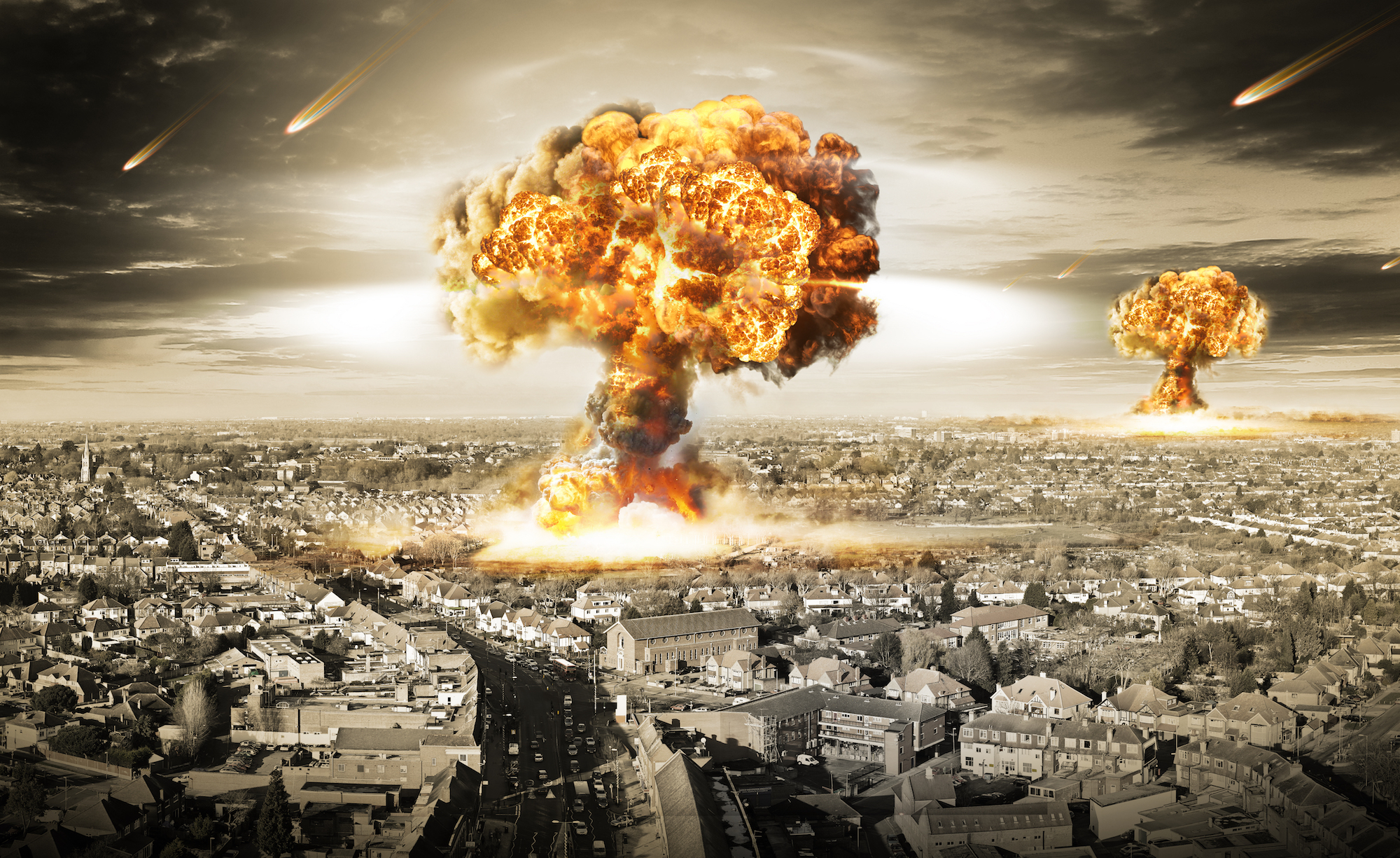Christopher Nolan, the famous British-American film director Oppenheimerrecently drew a chilling parallel between the advent of AI and the invention of the atomic bomb.
Christopher Nolan, known for the success of his many films (Memento, Inception, Batman Begins, Interstellar Or Dunkirk) convinced his audience once again with the release of his film Oppenheimer. A true work of postmodern cinema, this feature film retraces part of the life of the “father of the atomic bomb”, JR Oppenheimer and his role during the Second World War. As calls from experts for international regulation of AI multiply, the director draws a parallel between the development of this technology and the creation of the A-bomb.
The delicate control of emerging technologies
It is in an interview given to the British newspaper The Guardian that Christopher Nolan held this speech. He pointed to the fact that JR Oppenheimer’s call for international control of nuclear technology seemed to have come true, in a way. In his words: ” It is possible today to effectively monitor nuclear weapons, because they are complex to manufacture. At the time, Oppenheimer gathered thousands of people around the Manhattan Project, which will have cost the American state $2 billion. The difficulty of building nuclear weapons is in a sense, relatively reassuring; it’s easy to spot a country that is making one. At the moment, I don’t feel like this is the case for the AI. »
According to him, the same principles of regulation should therefore be applied to AI, but this remains very delicate. Indeed, developing this technology does not require massive industrial processes as is the case for weapons of mass destruction such as atomic bombs.
Who can regulate AI?
The regularization of AI is the subject of increasingly pressing demands, whether from official institutions or experts. United Nations Secretary-General Antonio Guterres spoke about it this week. He asserted that the UN is the most valid institution for setting global standards regarding AI and its uses.
In this regard, Christopher Nolan raises two interesting aspects. The first is that the United Nations has greatly lost its influence since the Second World War. Much more powerful regional blocs and international organizations have since emerged, leading the UN to gradually lose its role as arbiter. The second aspect, raised by the director, is also important. He pointed out that the international control of nuclear energy desired by JR Oppenheimer was made possible in particular thanks to a concession by the countries concerned: the transfer of part of their sovereignty and a transfer of their responsibility to place it in the hands of the UN. The weakening of this institution could then be a major obstacle in this process of regulation.
With this interview given to The Guardian, Christopher Nolan draws a parallel that no one expected. His observation, as frightening as it is intelligent, clearly invites us to consider our ability to control the development of certain technologies. While many tech giants such as Microsoft or Google plead for the democratization of AI, others insist on the contrary on the responsibility of leaders for the use of this technology. Will the AI be a time bomb that anyone could activate from their PC?
Sources: The Guardian, Fagen Wasanni

9